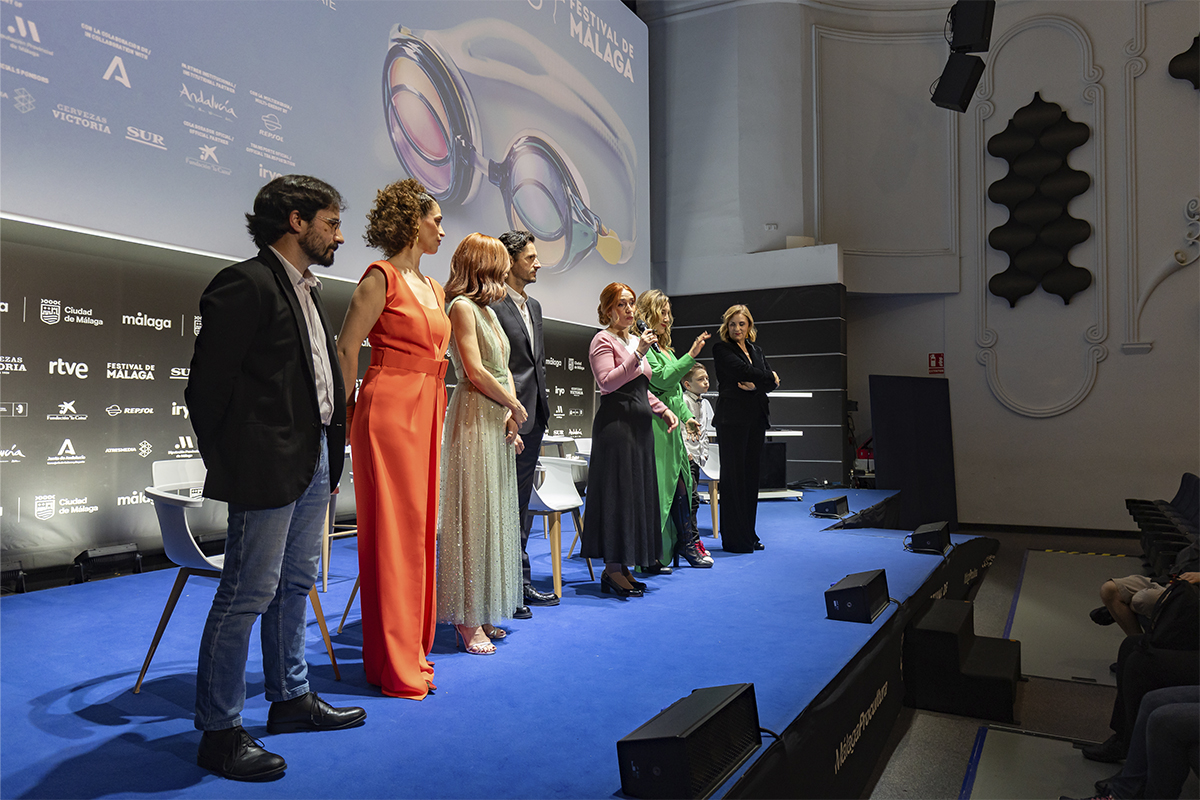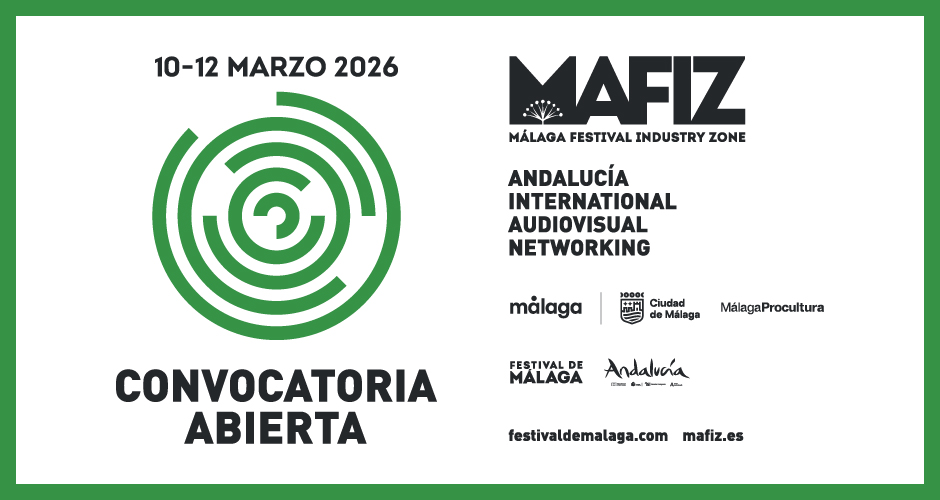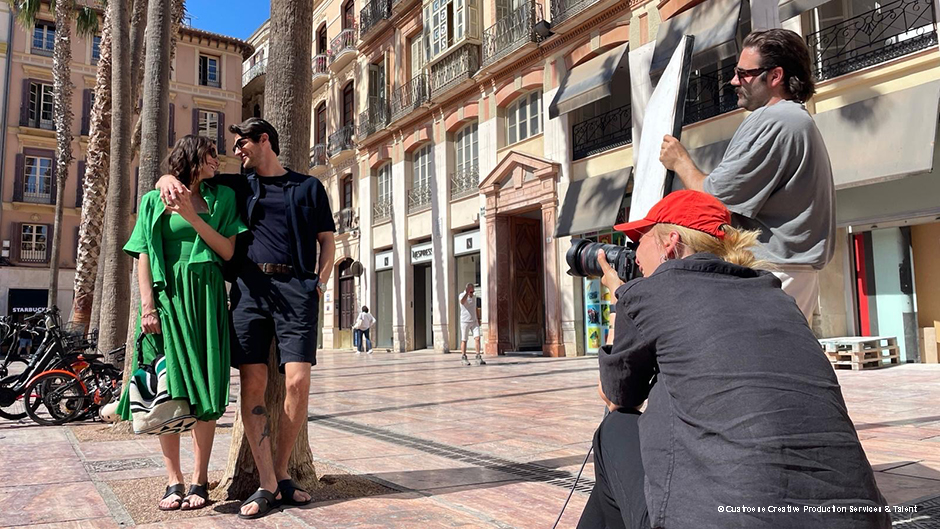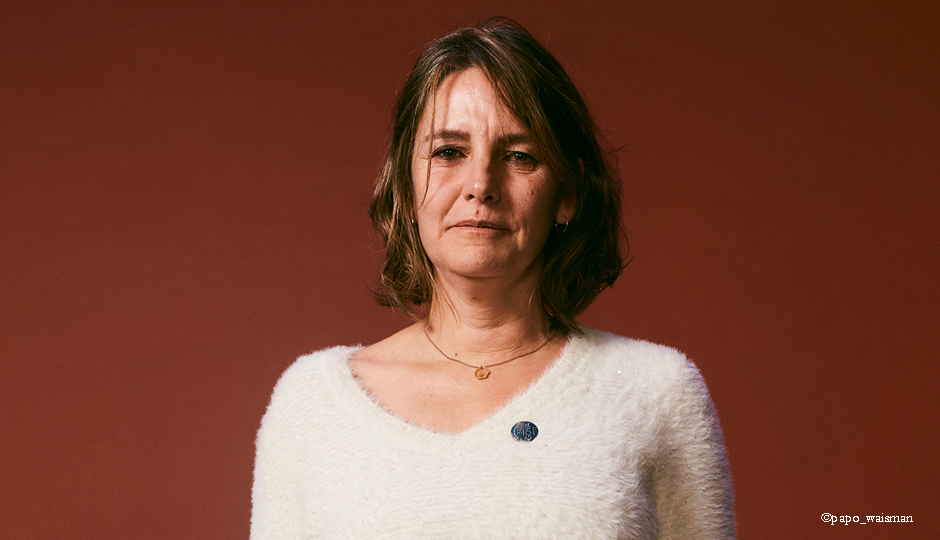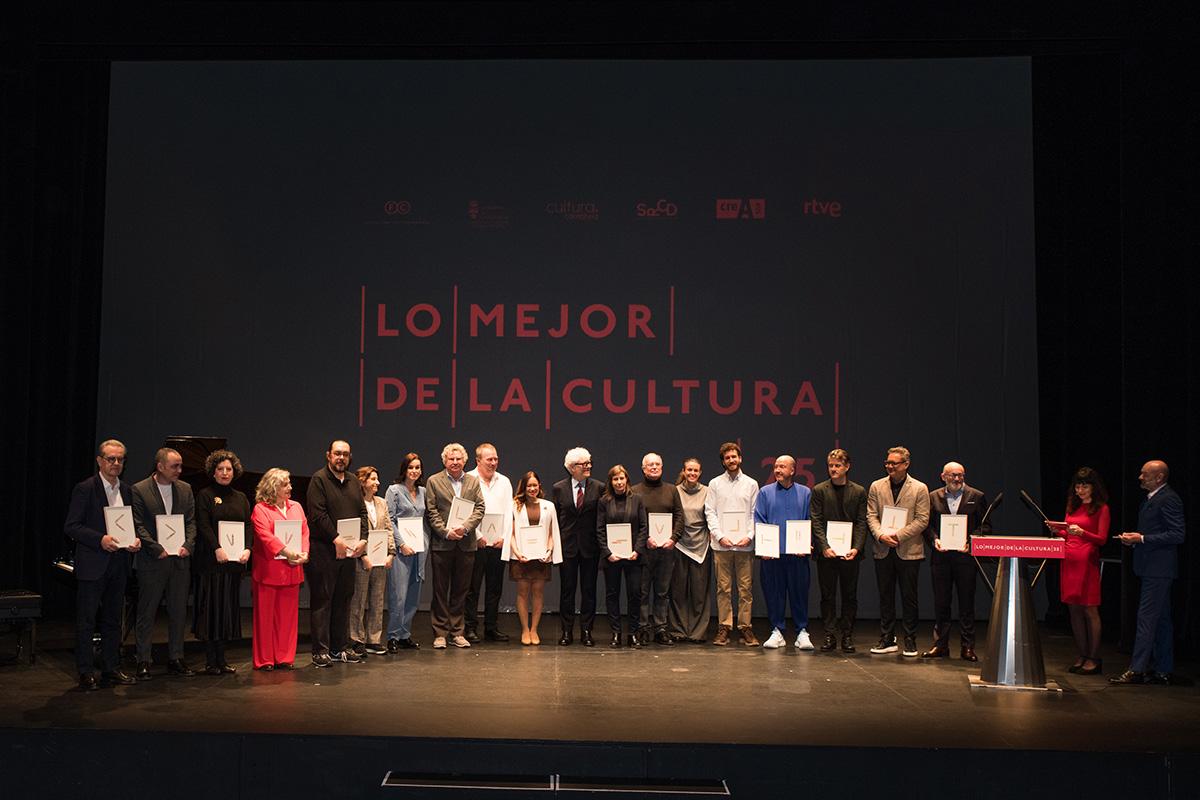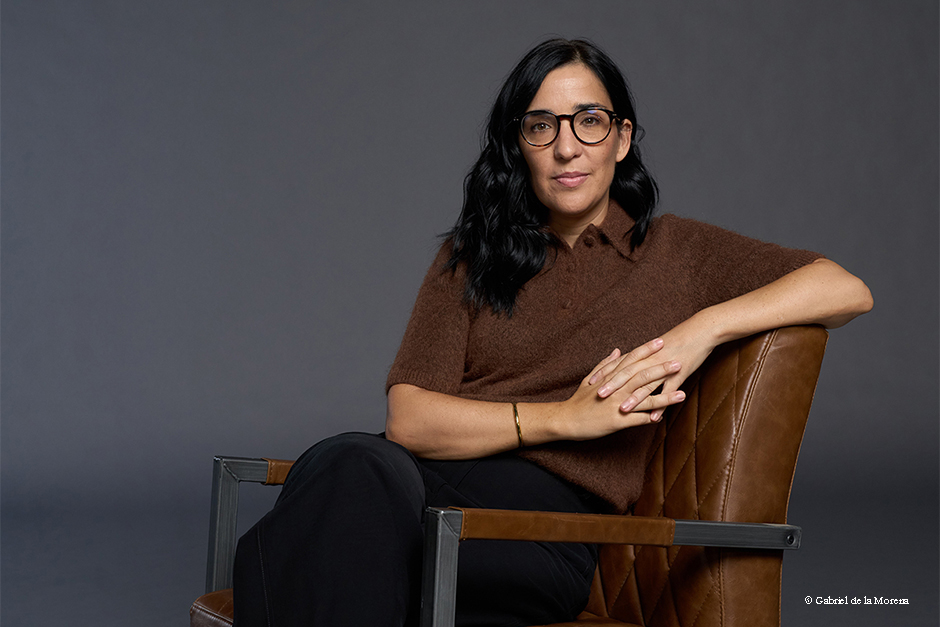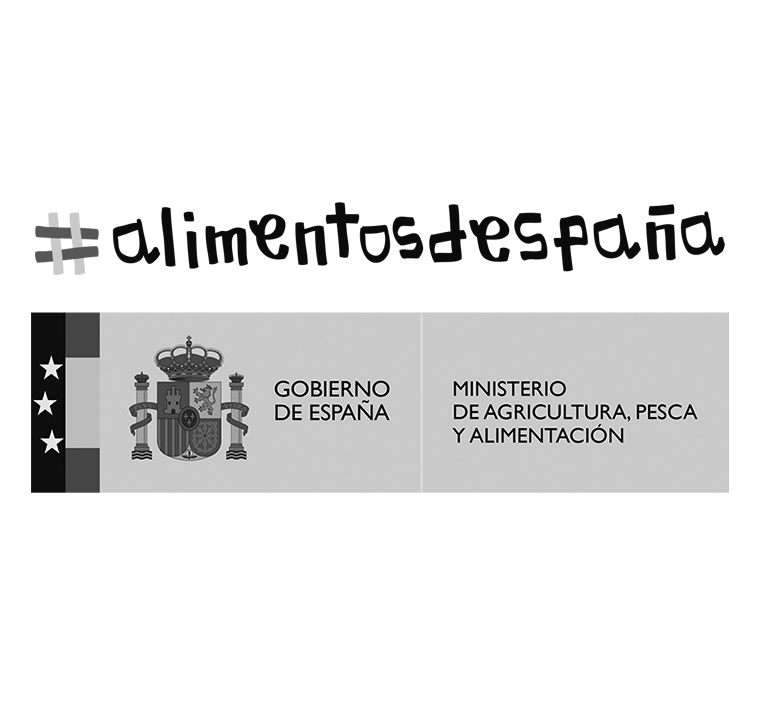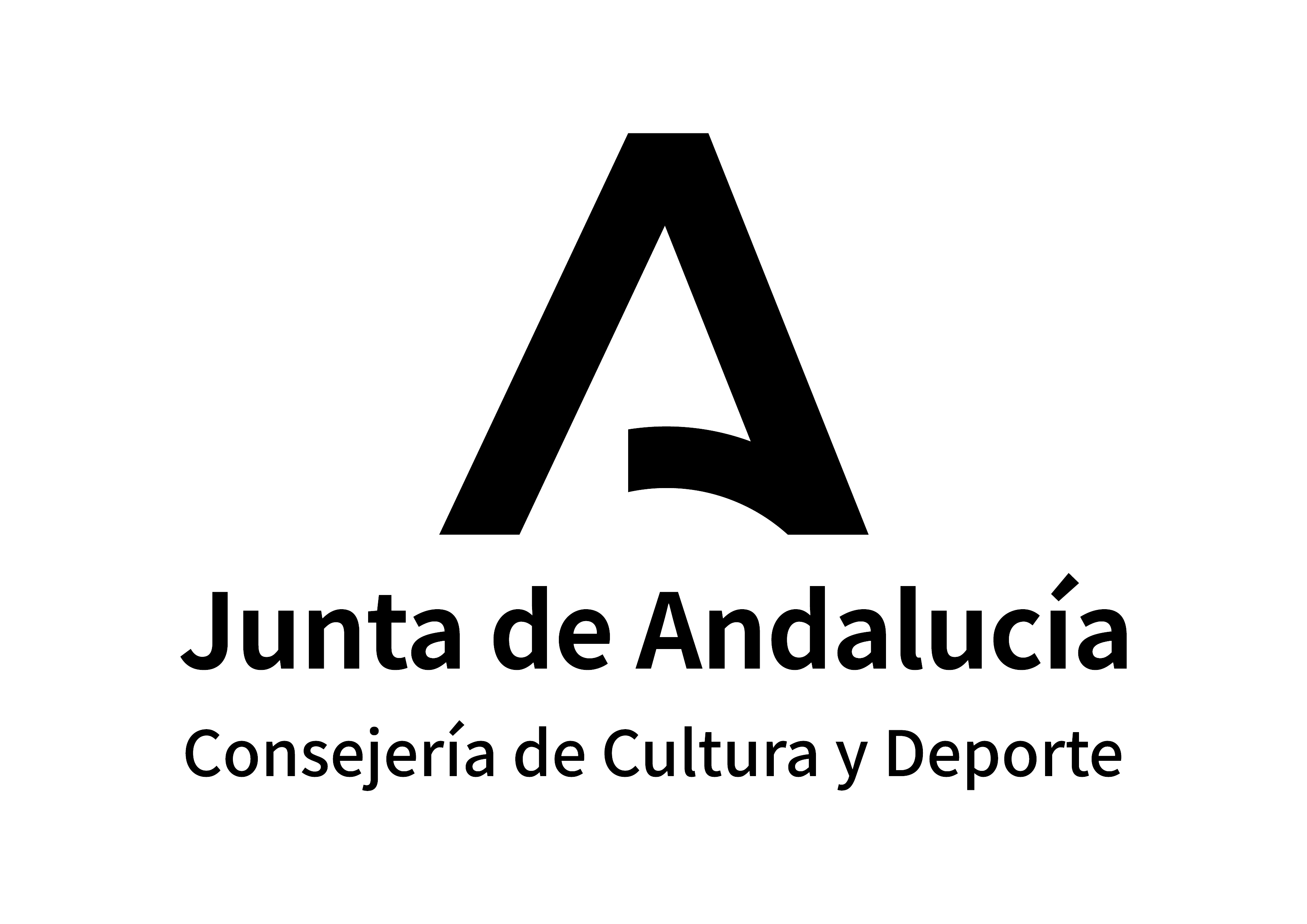‘Tras el verano’ explores the complexity of step families at the Festival de Málaga
The latest film by Yolanda Centeno has been presented in the Official Section Out of Competition with a cast headed by Alexandra Jiménez, Juan Diego Botto and Ruth Gabriel
This Thursday, 20 March, the Festival de Málaga hosted the presentation of 'Tras el verano', the new feature film by Yolanda Centeno, which deals with the challenge of fitting into a step family and the legal vacuum that surrounds these relationships. The film, which has been presented in the Official Section Out of Competition, has a cast headed by Alexandra Jiménez, Juan Diego Botto and Ruth Gabriel, along with the young talent Alejandro López, who gives life to a key character in the story.
The plot follows Paula, Raúl and Dani, who could be just another family, except that Dani is not Paula's son. The leading character faces the daily challenge of integrating into this new family structure, while dealing with a relationship crisis that threatens to take her away from Dani forever. Through this story, 'Tras el verano' puts children's rights at the centre of the debate and raises a fundamental question: What has more weight, feelings or DNA?
Yolanda Centeno, accompanied by a large part of the artistic team and her producers, has presented her latest film proposal at the 28th edition of the Festival de Málaga. During the colloquium after the screening, she shared with the audience how the story was conceived, revealing that she was inspired in the construction of the story by her own personal experience. "With this film I want to make visible a reality that affects many families and surrounding which there is still a legal vacuum and social resistance. There is a light at the end of the tunnel, and I want to help make it more visible," she said.
The director pointed out that in the first phase of the project's development, doubts arose as to whether to tackle the story in short film format or expand it into a feature film, given that "a short film does not allow you to delve deeper into certain themes that require more time to develop".
On the construction of Alejandro's character, she commented: "He is very much a leading character, and is present in all the scenes, and at the end he is still just five or six years old. I always visualised him and felt him as a little boy to convey that fragility, and I knew that this hugely conditioned the way the scenes worked and the way we were going to work with him.
The film, which delves into the complexities of co-parenting in step families, explores the bonds of affection that are generated and how these can disappear after a separation. Beyond the conflicts, the story highlights the emotional impact of goodbyes and the fragility of children in these situations.
The script, written by Yolanda Centeno and Jesús Luque, was produced by Tay Sánchez (Harry), Marta Velasco and Gonzalo Bendala (Áralan Films), with associate production by
La Goota Entertainment. With a story that is both intimate and universal, 'Tras el verano' invites us to reflect on the bonds that unite us, the resilience of affection, and the struggle for the rights of those who need it most.
Share








